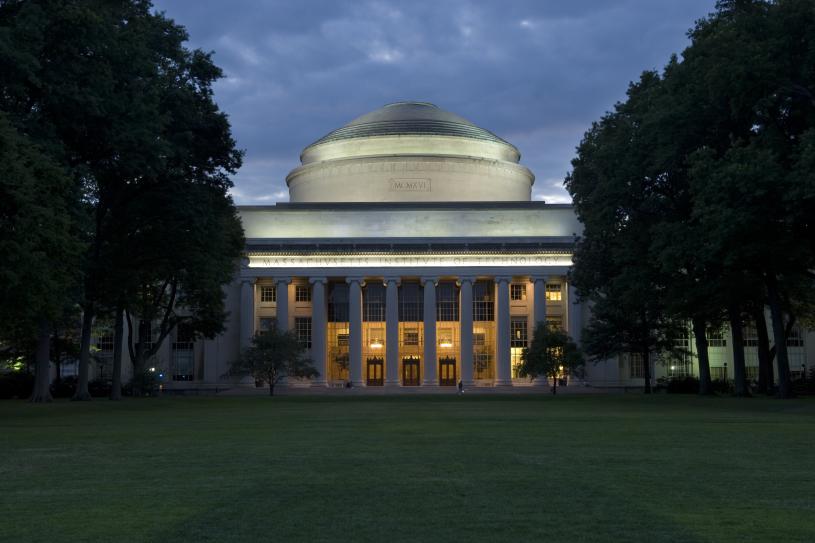Gifts to MIT -- A Primer

Gifts made to MIT come in two varieties: “unrestricted gifts” and “restricted gifts.”
Unrestricted gifts may be spent currently by the Institute in support of any aspect of MIT’s education and research mission. With a restricted gift, by contrast, the gift can only be used for certain purposes and/or the principal of the gift must be preserved and only the earnings on the gift may be spent. Both kinds of restrictions can apply to a single gift. For example, a donor could make a restricted gift requiring that income on her gift may only be used to support scholarships or a professorship in a specified department.
Many gifts are accompanied by a gift agreement. The gift agreement is a binding contract between MIT and the donor setting forth terms to ensure MIT and the donor have a common understanding as to the nature of the gift and the donor’s intentions for the use of the gift.
In some circumstances, it may no longer be possible or reasonably practicable to apply gift proceeds as a donor originally intended. In these instances, MIT reaches out to the donor and explores an alternative application of the gift. If the donor has died or is otherwise unreachable, MIT may file a “cy pres petition” with the Probate Court, asking for the right to apply the gift in a manner that most closely aligns with the donor’s originally stated purpose.




